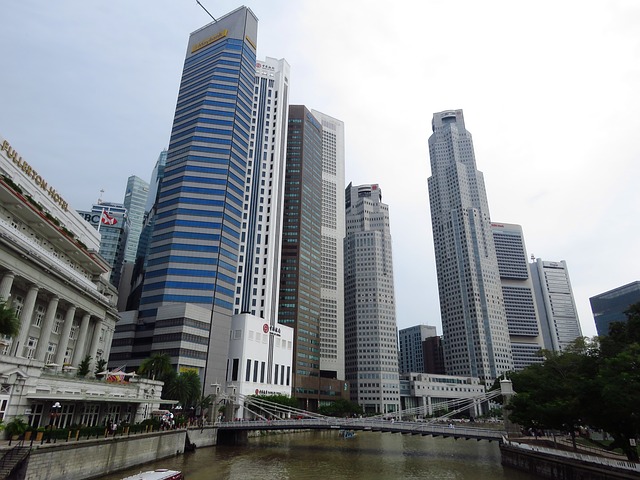Strategy
Singapore Considers How To Revive Lukewarm Listings Market

As it competes against rival hubs such as Hong Kong, Singapore policymakers and business leaders know that a vibrant market, and IPO sector, are important drivers of new wealth.
A group exploring how to bolster Singapore’s embattled stock market has drafted a package of measures for the bourse, including tax incentives to spur listings.
The SGX has seen the number of listed companies fall to a 20-year low as firms have moved to markets such as those of the US. The situation is ironic, given that Singapore’s reputation as a wealth management hub has grown rapidly over the same period. Media reports (Financial Times, others) late in 2024 said there were 617 listed entities, falling from 782 in 2013, the peak year.
According to a statement from the Monetary Authority of Singapore yesterday, The Equities Market Review Group “announced its first set of measures to strengthen Singapore’s equities market development.”
The SGX is not the only exchange going through difficult times. The London Stock Exchange, for example, has seen listings fall. According to EY in January, the LSE saw 88 companies delist or transfer their primary listing from the main market in 2024. As with SGX in Singapore, the London bourse has been affected by declining liquidity and valuations. A challenge is stopping this downward spiral. Singapore's listings market is also a front in competition against rival hubs such as Hong Kong.
In its statement about proposed remedies, the MAS statement said measures “include proposals to introduce tax incentives to spur more listings and investments in Singapore’s equities market.” Proposals have been sent to the government. The statement about the proposals did not spell out what the tax incentives are.
“With technology making global markets more accessible, listings and liquidity have gravitated to a few global stock exchanges, making it more challenging for other exchanges to compete for investor interest and liquidity. For example, a significant proportion of global capital is now concentrated in US public markets,” MAS said.
Media reports noted that firms prefer to list in the US because they can obtain superior valuations and higher liquidity. Chinese fast-fashion group Shein, headquartered in Singapore since 2022, is reportedly considering listing in London; Singaporean firms Grab and Sea have chosen New York.
“The Review Group recognises there are no silver bullets or easy solutions to reverse those trends,” it continued.
Measures include helping mid-size firms that lack ready access to major capital markets being able to use the city-state as a “launch pad for their capital raising,” the statement continued. The exchange should also include companies listed elsewhere but which want a secondary listing in Asia.
SGX chief executive Loh Boon Chye reportedly told the Straits Times of Singapore that the exchange is seeing improved momentum from companies that want to list there. Earlier in February, SGX reported a 20.7 per cent year-on-year increase in net profit to $340 million ($252.4 million) for the half-year to end-December.